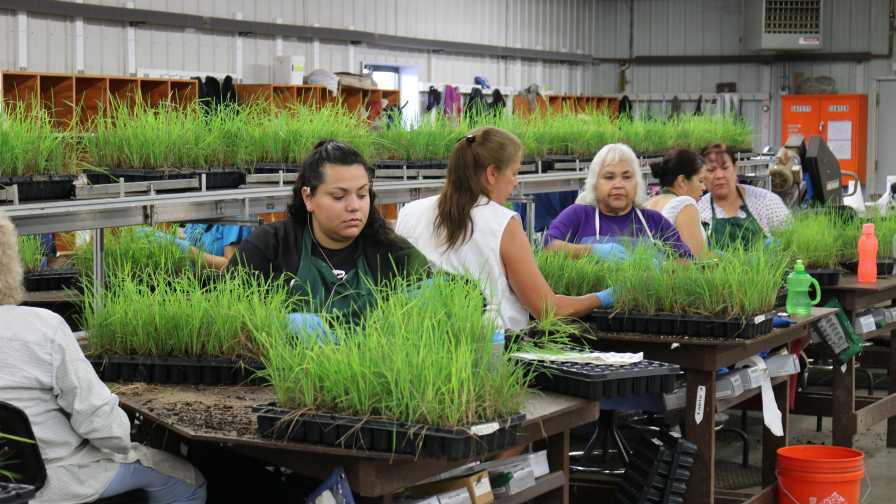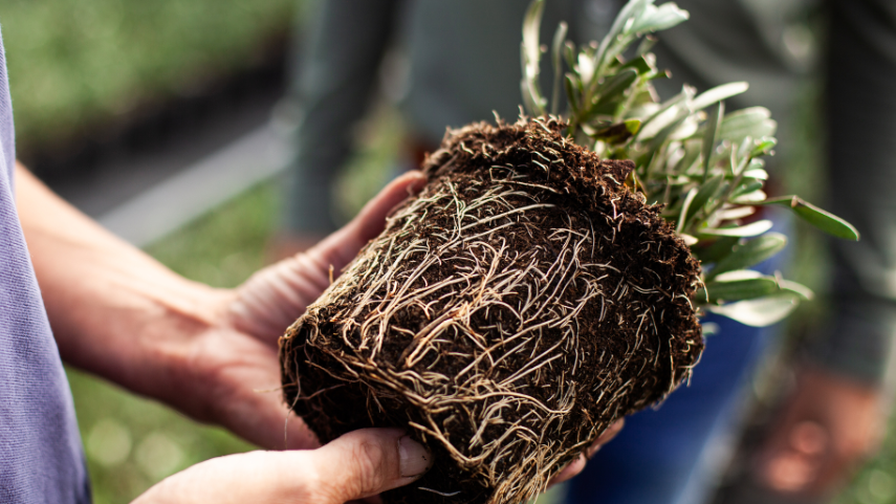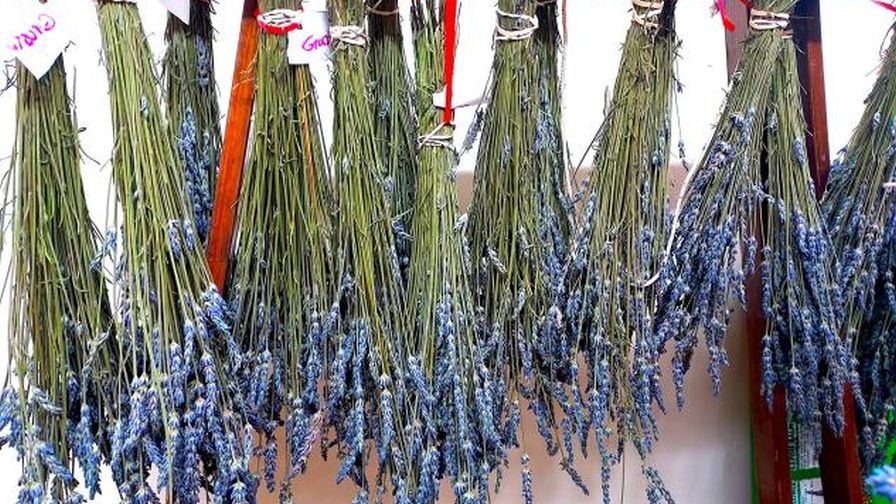Why Growers Are Bracing Themselves for More H-2A Regulations

Growers should expect more regulations in the next couple years for H-2A and H-2B programs, according to industry experts at Cultivate’22. Growers are relying on foreign labor more and more, but the outlook is dim in terms of improving ease and access to the programs.
Craig Regelbrugge, Senior Vice President of AmericanHort, Shawn Packer of JPH Law Firm, and Tom Bortnyk of MAS Labor discussed industry challenges at a session titled “Labor Issues and Trends” in Columbus, OH. Regelbrugge gave an overview of pending legislation.
“Last year, the House of Representatives passed a bill called the Farm Workforce Modernization Act. It was a hard fought, difficult negotiation, but at the end of the day it was a bipartisan bill that seeks to stabilize the current workforce that lacks really good documents and also to make some modifications to H-2A,” Regelbrugge said.
“I have to be very candid, in a House where Speaker [Nancy] Pelosi is holding the gavel and the Democrats have the majority, we were in a less than optimal negotiating environment, but at least there was a negotiation. It’s fair to say the legislation that resulted has a number of good features. It falls short of our desires in some areas and it opens up some cans of worms in other areas. It’s a mixed bag, as you might expect,” he said.
Bortnyk said 2022 has been a tough year for anyone using H-2A or H-2B. Although it sounds cliché to discuss the COVID-19 pandemic in its third year, it remains an ongoing problem, he said. The U.S. government requires vaccines for immigrants traveling to the U.S. by boat, but they are traveling from countries that do not offer detailed vaccine documentation.
In Mexico, for example, the government controls the vaccine allocation and citizens do not have a choice for which vaccine they receive. One worker attempting to come to the U.S. received one dose of the Sputnik vaccine, which is not on the approved vaccine list in the U.S. He also received one Moderna vaccine and a Pfizer vaccine. He was still denied access to the U.S.
“The U.S. government is essentially requiring workers to have perfect vaccine documentation when that’s not really the reality that we’re in,” Bortnyk said.
The Department of Labor (DOL) is cracking down on horticulture work, Bortnyk said, because some government officials claim it can take place year-round. Officials pondered the idea of growers in Florida no longer being eligible for H-2A and H-2B programs because the climate allows them to grow all year long, therefore they do not need seasonal workers.
“They found a backdoor way of targeting growers and that’s by going after farm labor contractors (FLC),” Bortnyk said. “There are a lot of growers in the industry who rely on farm labor contractors, either in part or in whole, to meet their labor needs.”
Between 2021 and 2022, there was massive growth in the H-2A program, Bortnyk said. Even though the demand is higher, the certifications are down. The denial rate has increased. He said anyone starting the H-2A program will likely face much scrutiny. They may be required to provide payroll documentation to prove their need for each migrant worker they request.
Packer said the U.S. Department of Homeland Security (DHS) has raised concerns about human trafficking through the H-2A and H-2B programs.
“There will be negative things in this rule that touch on human trafficking that will negatively impact the good actors in the H-2A program,” he said.
Packer mentioned the ongoing investigation linked to Operation Blooming Onion, a federal case involving labor trafficking of guest farmworkers. A federal agent testified last year that Georgia labor officials were bribed by an alleged crime organization accused of subjecting farm workers to forced labor and degrading living conditions, according to USA Today.
Experts said they will keep an eye on rulings that come from the Office of Information and Regulatory Affairs (OIRA) in the coming months.










